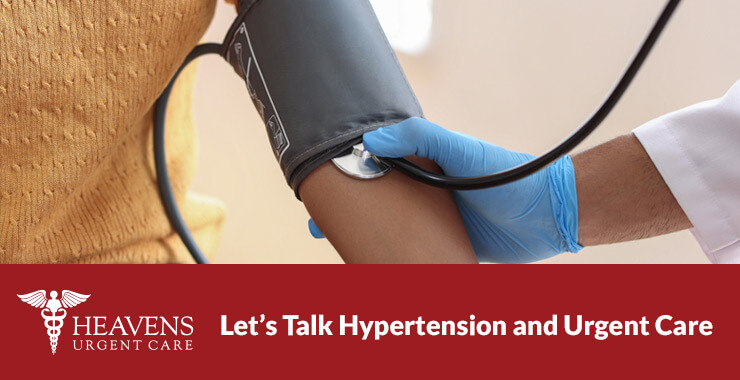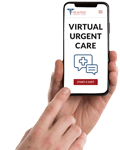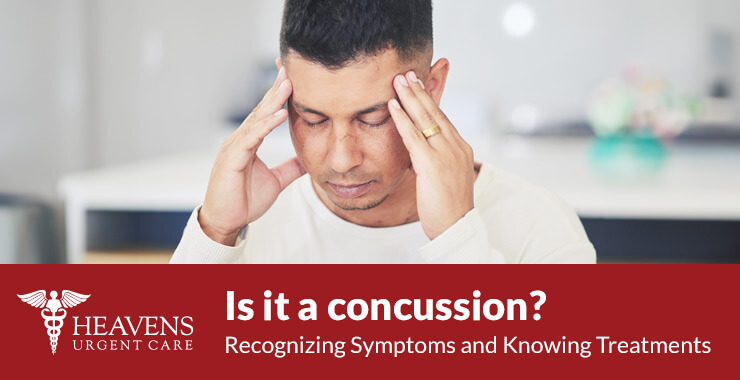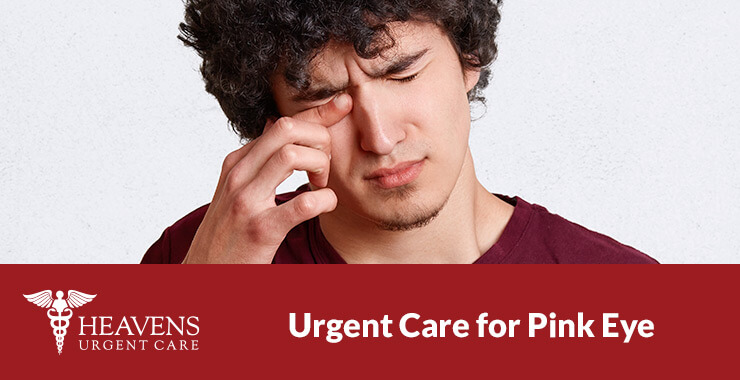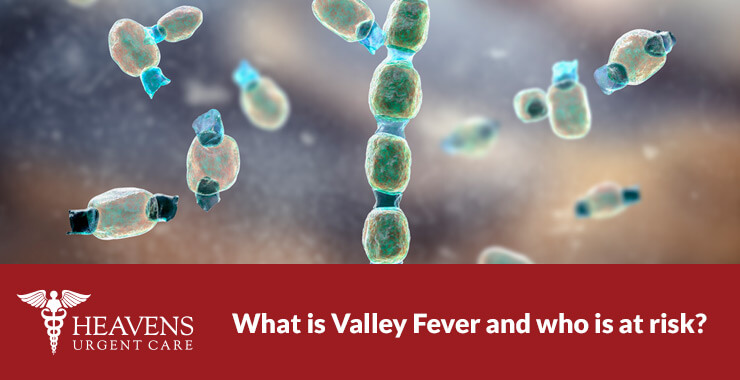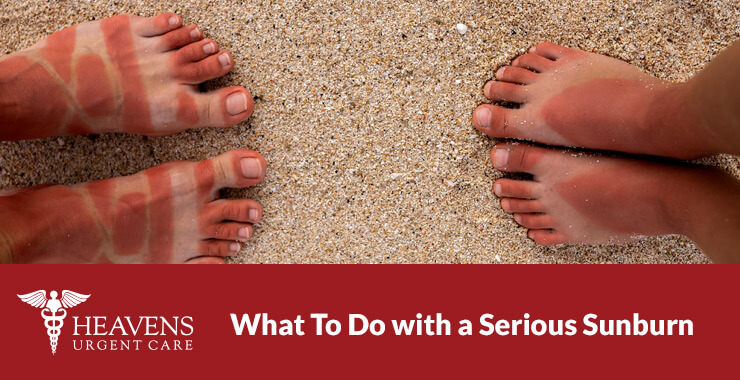High blood pressure, or hypertension, is a common medical condition that occurs when the force of blood pushing against the artery walls is too high.
According to the Centers for Disease Control and Prevention (CDC), high blood pressure affects nearly half of American adults, and only about 24% of diagnosed adults have their condition under control.
Previously undiagnosed hypertension is common among ambulatory patients, and urgent care providers are often the first to recognize and diagnose this condition. Initiating treatment, testing, and providing patient education and follow-up are well within the scope of urgent care practice and help ensure positive outcomes. Being attentive to the presentation and care of hypertensive emergencies is also paramount. – Journal of Urgent Care Medicine

Hypertensive vs Hypertensive Crises
A person is Hypertensive at a systolic blood pressure of more than 140/90. At this level, there is an increased risk of kidney disease, intracranial hemorrhage, myocardial infarction, heart failure, and a host of other life-threatening problems.
Patients with Hypertensive Crises have blood pressure readings of more than 180/120 mmHg. A Hypertensive Emergency is defined as elevated blood pressure with signs of end organ damage. End organ damage is severe impairment of major organs in the body due to low or high blood pressure, or low blood volume.
It can affect the heart, eyes, brain, and kidneys, which are all connected by the circulatory system. End organ damage can lead to heart attacks, pulmonary edema, strokes, and acute kidney failure.
If you believe that you or a loved one is having a hypertensive crisis, this is an emergency, call 9-1-1 immediately.
Consequences of Hypertension and Related Diseases
Hypertension is the most common cardiovascular risk factor in the United States, accounting for an estimated 41% of cardiovascular disease (CVD)-related deaths. Seven out of 10 people having their first heart attack also have hypertension, as do eight of 10 people who suffer from a stroke.
In 2013, more than 360,000 deaths in the American adult population included hypertension, or high blood pressure, as a primary or contributing cause of death. Aside from cardiovascular disease, myocardial infarction, chronic heart failure, and stroke, there is also the risk of developing chronic kidney disease (CKD) and dementia later in life.
Half of those with hypertension are uncontrolled or may not even be aware of the diagnosis. As noted earlier, an urgent care provider may be the first clinician to identify hypertension.
Misconceptions of Hypertension
Despite being a prevalent issue, there are still many misconceptions surrounding hypertension that can lead to misunderstandings and improper treatment.
One common misconception about hypertension is that it is a condition that only affects older individuals. While it is true that the risk of developing hypertension increases with age, it can also affect younger adults and even children.
Genetics, lifestyle factors, and underlying health conditions can all contribute to the development of hypertension at any age. It is important for individuals of all ages to monitor their blood pressure regularly and seek medical attention if it is consistently high.
Another misconception is that hypertension is always symptomatic. Many people with hypertension do not experience any symptoms at all. This is why it is often referred to as the “silent killer.”
Regular blood pressure screenings are crucial for early detection and intervention. In urgent care settings, patients can receive quick and convenient blood pressure checks to assess their risk for hypertension.

Common Causes of Hypertension
Determining the cause of primary hypertension (a systolic blood pressure of more than 140/90) can be problematic because the condition doesn’t typically have a single, clear cause.
Many factors come together to cause high blood pressure:
- Unhealthy eating patterns (including a diet high in sodium)
- Minimal physical activity
- High consumption of alcoholic beverages

Secondary Hypertension
Secondary hypertension has at least one distinct cause that healthcare providers can identify.
Common causes of secondary hypertension include:
- Select medications, such as NSAIDs, immunosuppressants, and oral contraceptives
- Obstructive sleep apnea
- Kidney disease
- Overproduction of the hormone aldosterone
- Recreational drug use
- Renal vascular diseases
- Tobacco use (including smoking, vaping, and using smokeless tobacco)
- Other risk factors include being older than 55, genetics, and being overweight or obese.
Heavens Urgent Care recommends reducing the risk of hypertension by managing stress, regularly checking your blood pressure, following a treatment plan for high blood pressure, and by managing other medical conditions.
Patients With Elevated Blood Pressure and Urgent Care
Heavens Urgent Care in Apache Junction, Arizona provides same-day treatment to individuals with non-life-threatening cases of high blood pressure.
Our urgent care practice is led by skilled physicians and providers who can:
- Take blood pressure readings and give physical exams
- Work to correct blood pressure levels with medications and lifestyle recommendations
- Order and interpret clinical labs, as needed\
- Make referrals to specialists or emergency rooms
Great news! Our response to the busy, on-demand lives that people in our community face is being answered with Virtual Urgent care telehealth services.
Virtual visits are a quick and convenient way for patients with hypertension, or other medical concerns, to consult with our medical experts from the comfort of home. Visits can be started any time of day or night.
Schedule an appointment on our website and chat with a medical professional about your symptoms, ways to manage blood pressure at home, or any general health concerns you may have. Most visits only take about 15 minutes.
If necessary, we may send a prescription to your preferred pharmacy for pickup, or we may recommend in-person follow-up care.

When to Seek Emergency Medical Care
Not every life-threatening case of hypertension causes noticeable symptoms, but some people may notice upper body discomfort, sudden dizziness, headaches, or nosebleeds.
A blood pressure reading higher than 180/120 and if you have chest pain, shortness of breath, or symptoms of a stroke, is considered a hypertensive emergency. When high blood pressure progresses to a hypertensive crisis or an emergency that requires immediate care in a hospital setting, call 911 or go to the nearest emergency room.
Hypertension is a serious but silent condition that often sneaks up on people as they age. That’s why it’s important to choose a healthy, active lifestyle and see an urgent care provider if you exhibit any symptoms or if you have concerns about your blood pressure.

